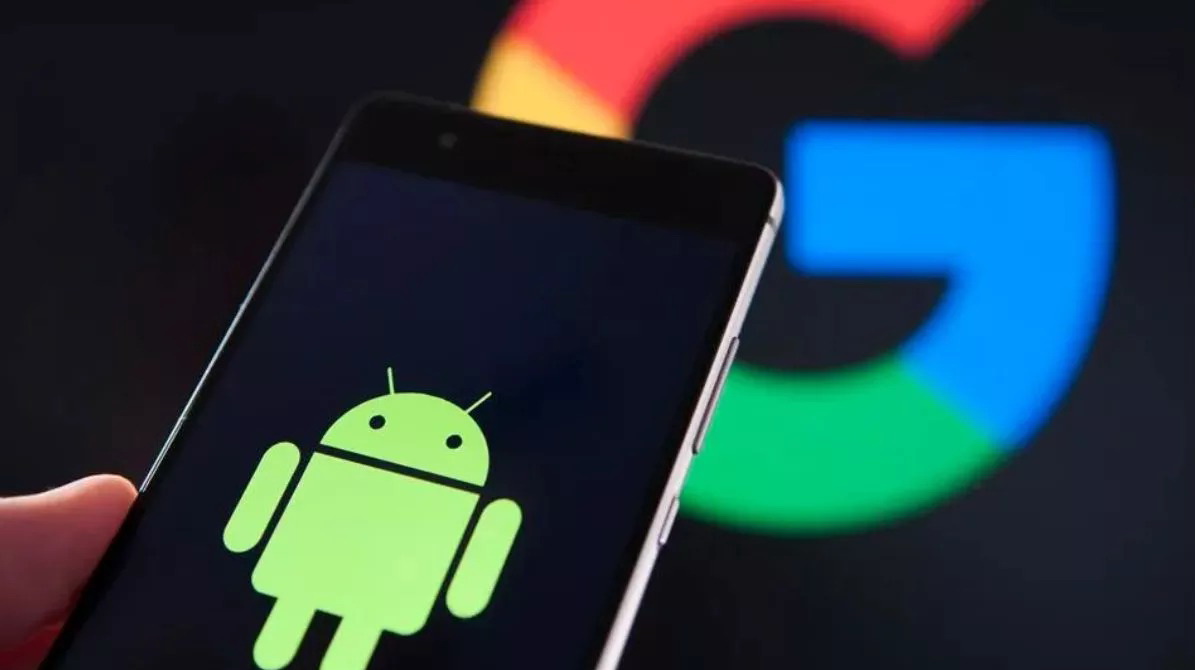Google Fixes 46 Vulnerabilities in Android OS
Google has released monthly updates for its Android operating system, fixing a total of 46 vulnerabilities. Three of these problems have already been exploited by hackers.
The developers report that limited targeted exploitation may have affected issues with identifiers CVE-2023-26083, CVE-2021-29256 and CVE-2023-2136.
CVE-2023-26083
CVE-2023-26083 is a memory leak vulnerability in the Arm Mali GPU driver for Bifrost, Avalon and Valhall chips. This bug is known to have been used in a chain of exploits that delivered spyware to Samsung devices in December 2022. The vulnerability was considered so serious that a separate security bulletin was dedicated to it by the US Cybersecurity and Infrastructure Protection Agency (CISA).
CVE-2021-29256
CVE-2021-29256 scored 8.8 on the CVSS scale and is related to information disclosure and root escalation. This bug also affects certain versions of the Bifrost and Midgard Arm Mali GPU kernel drivers.
The third vulnerability, CVE-2023-2136, has a critical severity rating of 9.6 out of 10 possible. This is an integer overflow bug in Skia, Google’s open source 2D graphics library, which is also used by Chrome, where the problem was already fixed in April.
It’s also worth noting that the biggest issue Google fixed this month is CVE-2023-21250, a critical vulnerability in an Android system component that affects Android versions 11, 12, and 13.
Google has released monthly updates for its Android operating system, fixing a total of 46 vulnerabilities. Three of these problems have already been exploited by hackers, with limited targeted exploitation affecting issues with identifiers CVE-2023-26083, CVE-2021-29256 and CVE-2023-2136.
CVE-2023-26083
CVE-2023-26083 is a memory leak vulnerability in the Arm Mali GPU driver for Bifrost, Avalon and Valhall chips. This bug was used in a chain of exploits that delivered spyware to Samsung devices in December 2022. The vulnerability was considered so serious that it received a separate security bulletin from the US Cybersecurity and Infrastructure Protection Agency (CISA).
CVE-2021-29256
CVE-2021-29256 scored 8.8 on the CVSS scale and is related to information disclosure and root escalation. This bug affects certain versions of the Bifrost and Midgard Arm Mali GPU kernel drivers.
The third vulnerability, CVE-2023-2136, has a critical severity rating of 9.6 out of 10 possible. This is an integer overflow bug in Skia, Google’s open source 2D graphics library, which is also used by Chrome. The problem was already fixed in April.
The biggest issue Google fixed this month is CVE-2023-21250, a critical vulnerability in an Android system component that affects Android versions 11, 12, and 13.
Google’s monthly updates for its Android operating system are designed to keep users safe from malicious attacks. This month, Google has fixed a total of 46 vulnerabilities, with three of them already being exploited by hackers.
The developers report that limited targeted exploitation may have affected issues with identifiers CVE-2023-26083, CVE-2021-29256 and CVE-2023-2136.
CVE-2023-26083
CVE-2023-26083 is a memory leak vulnerability in the Arm Mali GPU driver for Bifrost, Avalon and Valhall chips. This bug was used in a chain of exploits that delivered spyware to Samsung devices in December 2022. The vulnerability was considered so serious that it received a separate security bulletin from the US Cybersecurity and Infrastructure Protection Agency (CISA).
CVE-2021-29256
CVE-2021-29256 scored 8.8 on the CVSS scale and is related to information disclosure and root escalation. This bug affects certain versions of the Bifrost and Midgard Arm Mali GPU kernel drivers.
The third vulnerability, CVE-2023-2136, has a critical severity rating of 9.6 out of 10 possible. This is an integer overflow bug in Skia, Google’s open source 2D graphics library, which is also used by Chrome. The problem was already fixed in April.
Google’s monthly updates for its Android operating system are designed to keep users safe from malicious attacks. This month, Google has fixed a total of 46 vulnerabilities, with three of them already being exploited by hackers.
The biggest issue Google fixed this month is CVE-2023-21250, a critical vulnerability in an Android system component that affects Android versions 11, 12, and 13. This vulnerability is considered so serious that it has been given its own security bulletin.
Google is committed to providing users with the latest security updates and fixes to keep their devices safe. By releasing monthly updates, Google is ensuring that users are protected from any potential malicious attacks.





